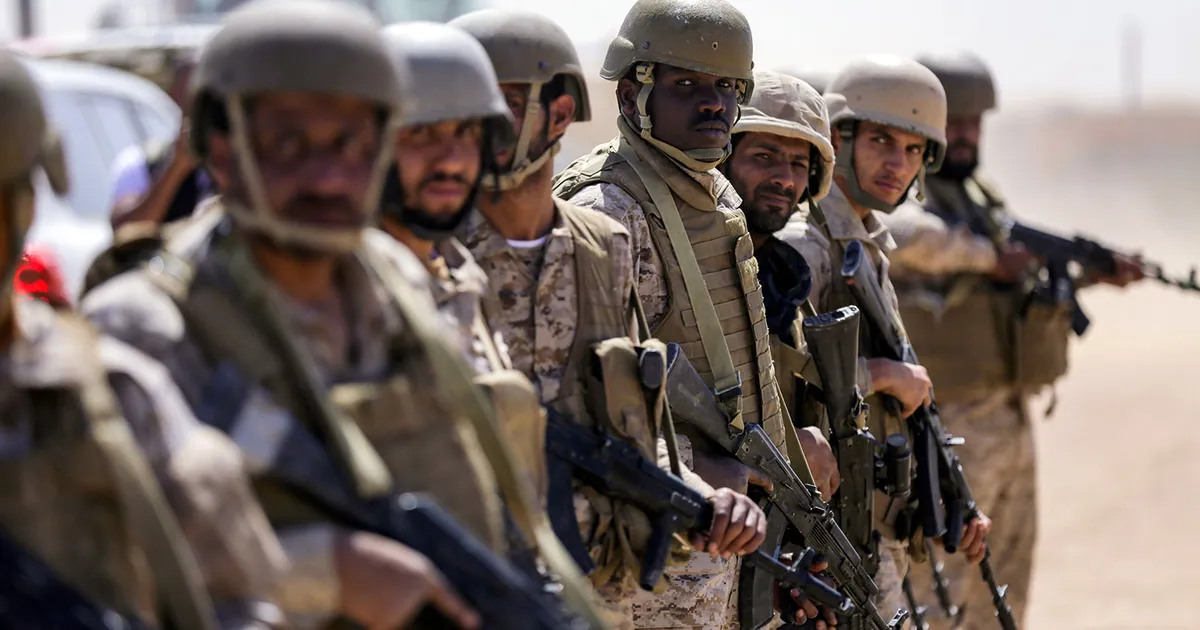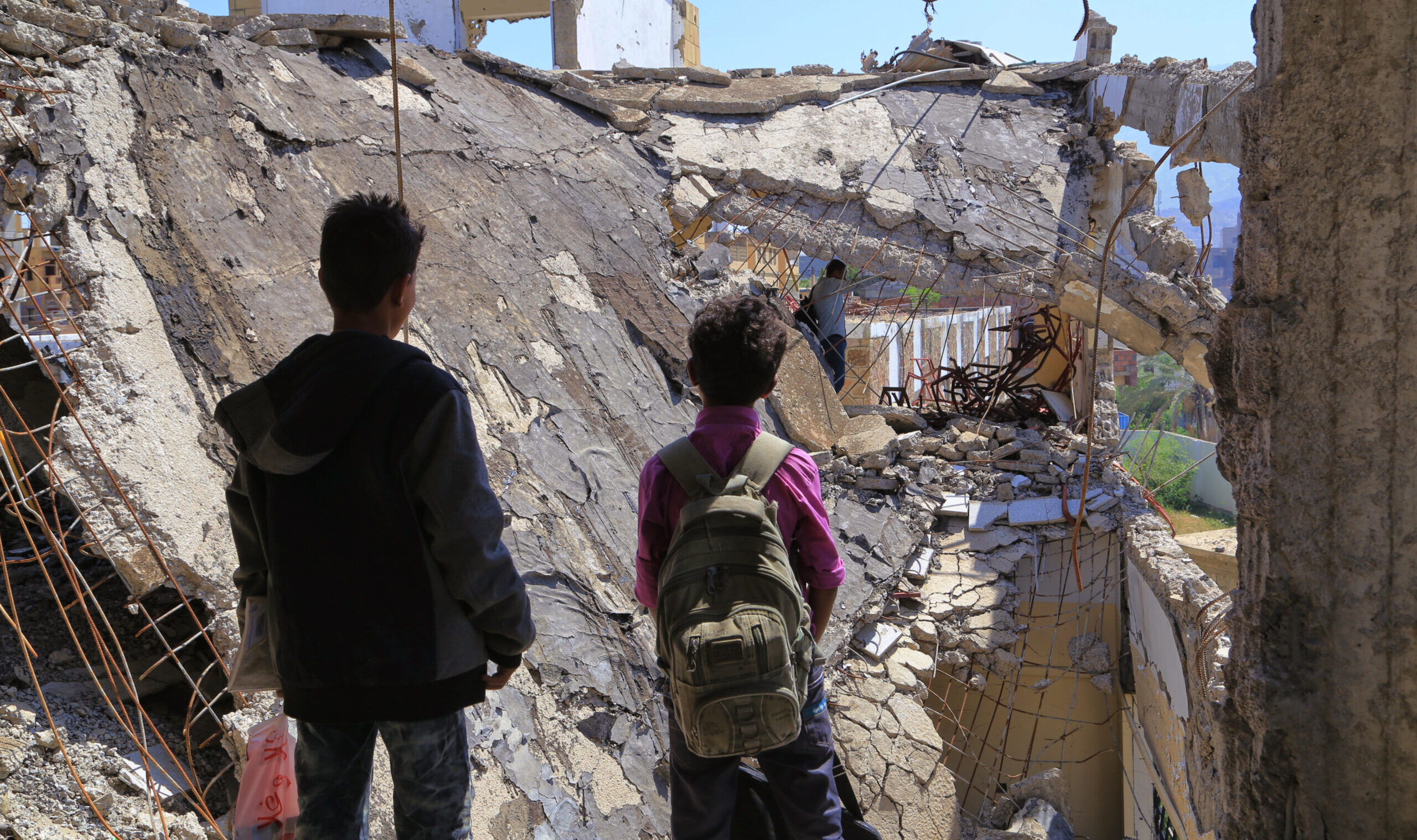Even Biden’s fellow Democrats recognize that Congress holds the ultimate authority in approving the use of military force.
During a recent hearing, members of the Senate Foreign Relations Committee, including Chairman Chris Murphy of Connecticut and former vice presidential candidate Tim Kaine of Virginia, raised concerns about the U.S. military’s actions against the Houthis in Yemen.
Murphy emphasized the constitutional requirement for Congress to authorize acts of war and stressed the need for a formal authorization to both legalize current operations and prevent unauthorized escalation.
Murphy highlighted the risk of further conflict in the Red Sea, especially given Iran’s support for the Houthis. He emphasized the necessity of a tailored congressional authorization to both sanction and constrain ongoing military actions.
Kaine echoed Murphy’s sentiments, challenging the notion that American actions in the region constitute self-defense under Article 2 of the Constitution, particularly regarding the defense of other nations’ commercial ships.

Upholding Democratic Principles: Congress’s Role in Authorizing Military Force in Yemen (Credits: C-Span)
The discussion reflects broader issues concerning the separation of powers and congressional oversight of military engagements. Murphy and Kaine argued that decisions regarding war should be subject to congressional debate and approval, rather than solely within the executive branch’s discretion.
Critically, the lack of congressional authorization undermines democratic principles and accountability in government. Murphy and Kaine’s concerns underscore the importance of upholding constitutional principles, even in matters of national security.
The ongoing conflict in Yemen raises questions about the effectiveness and legitimacy of U.S. involvement. Despite extensive military actions, including airstrikes, the Houthis remain entrenched, leading to significant human suffering and geopolitical complexities in the region.
The situation highlights the challenges of intervening in complex conflicts abroad and the need for robust congressional oversight to ensure accountability and adherence to constitutional principles.
Moving forward, there is a call for Congress to assert its authority and impose mechanisms to restrain executive actions that bypass constitutional requirements. Suggestions include tying Pentagon funding to compliance with constitutional mandates, signaling a potential avenue for congressional intervention in shaping military policy and decision-making.
























